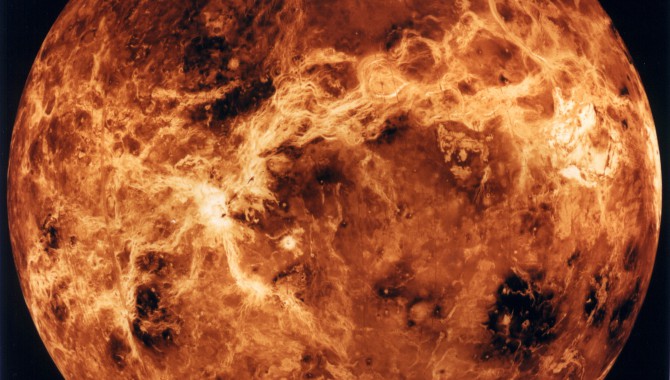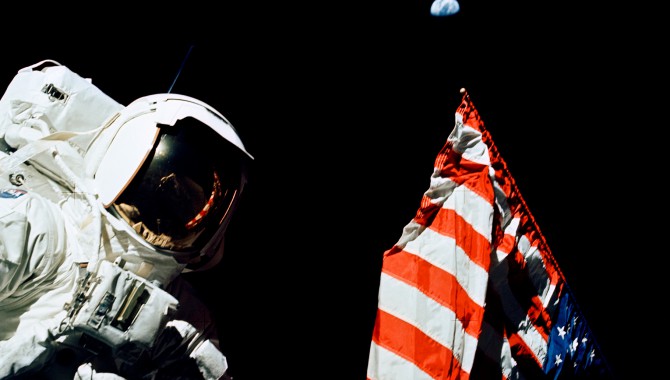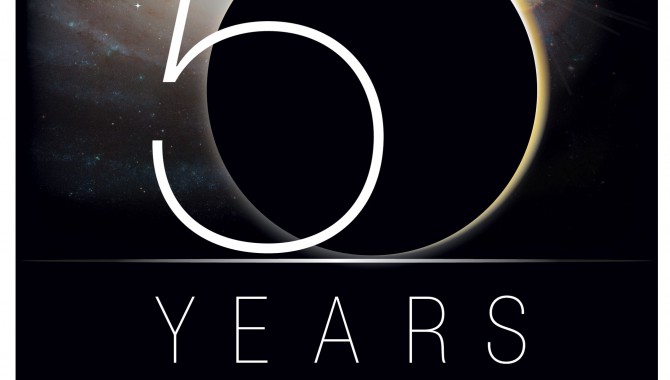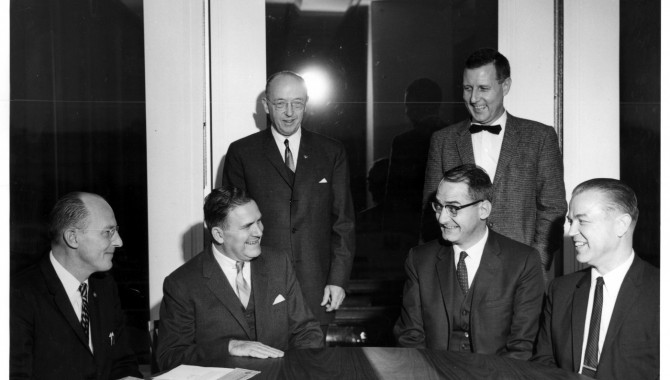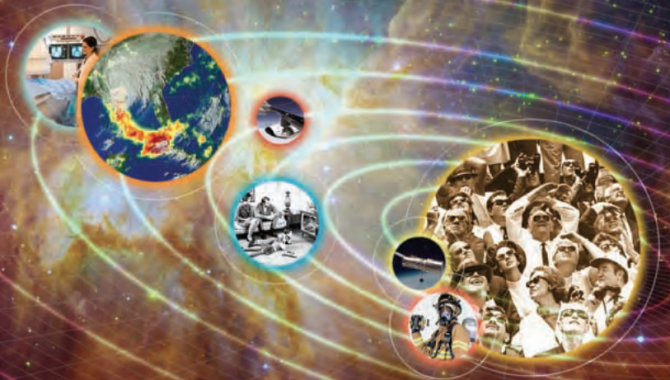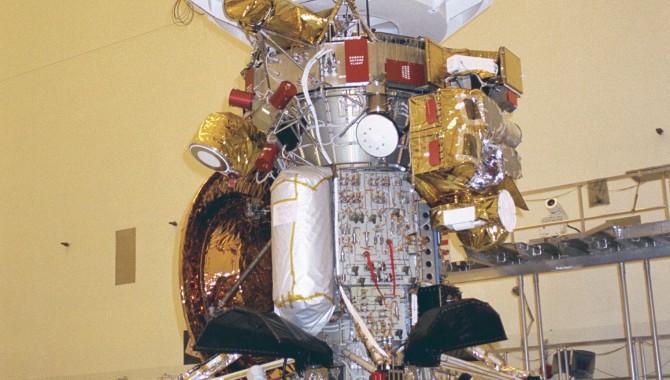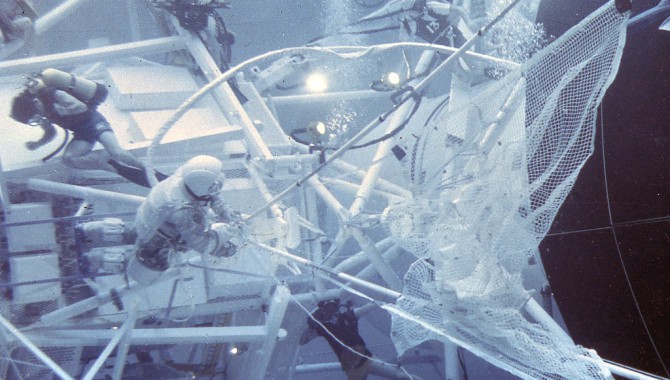
By Joe Kerwin We who were not test pilots were delighted when NASA announced it was going to hire scientist-astronauts, that is, people with PhD or MD degrees that might prove useful in space flight. We didn’t think too much about what NASA’s plans were in detail. We just went for it.






